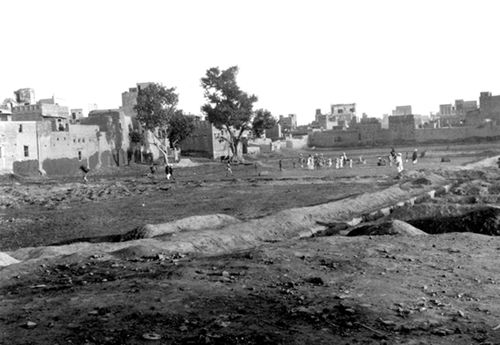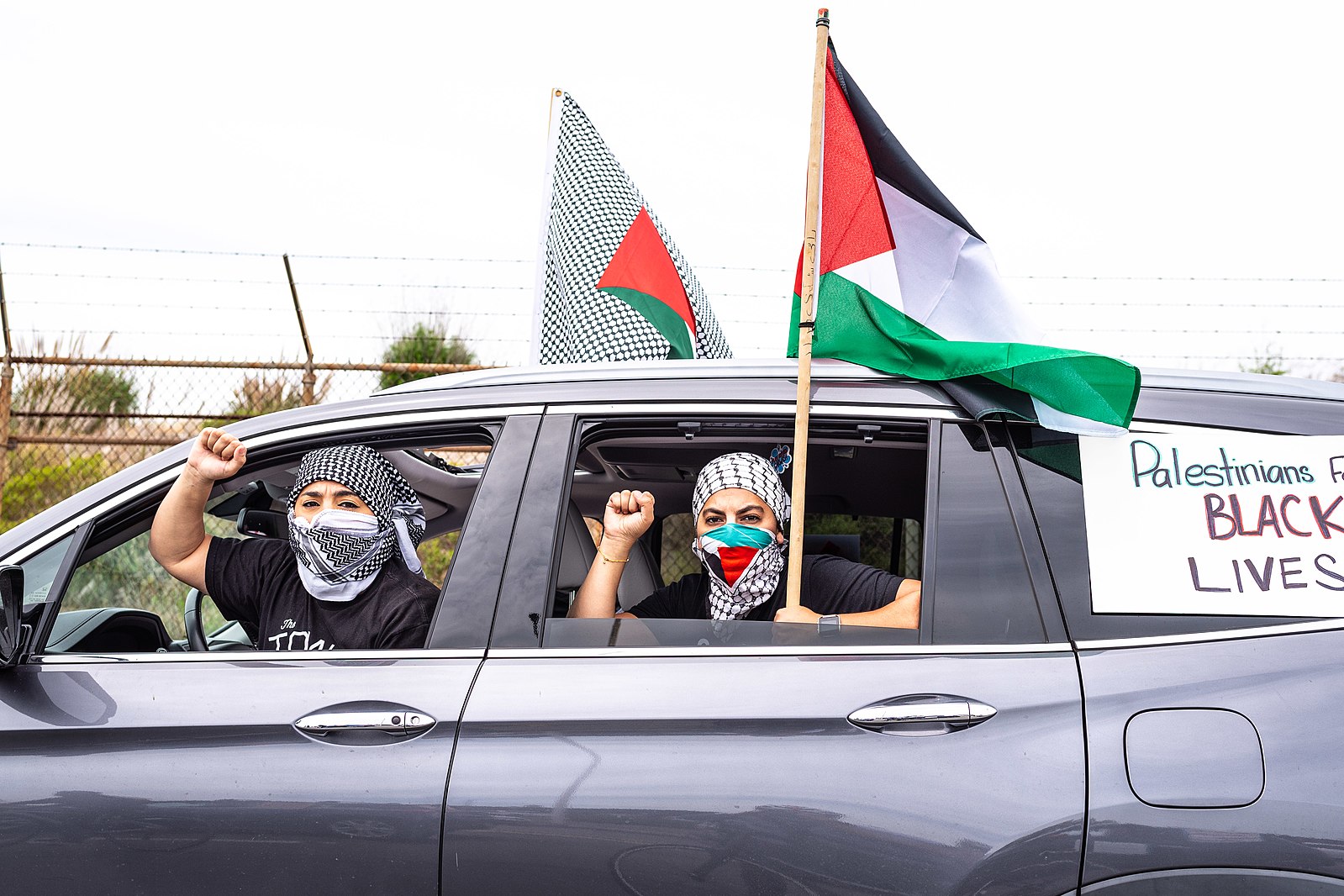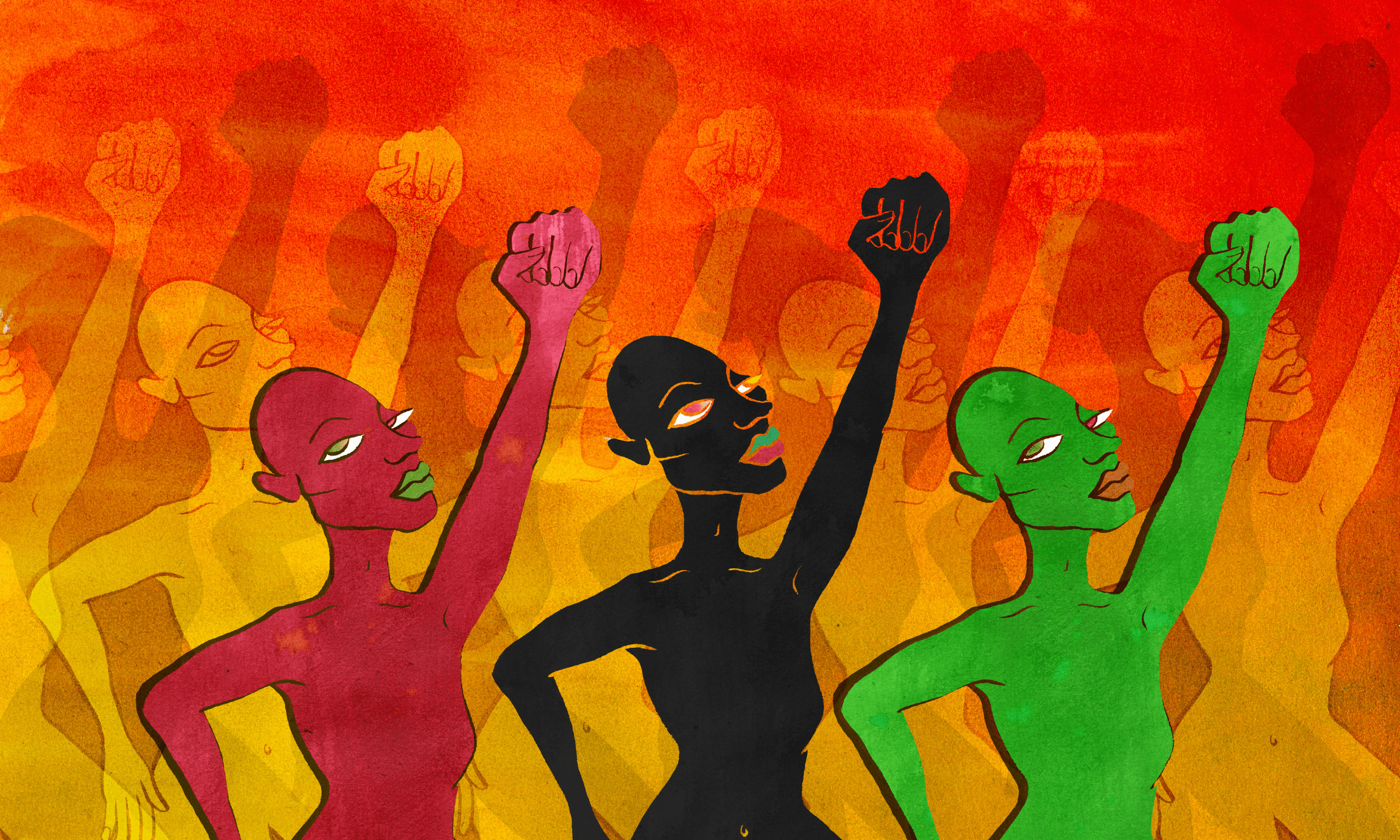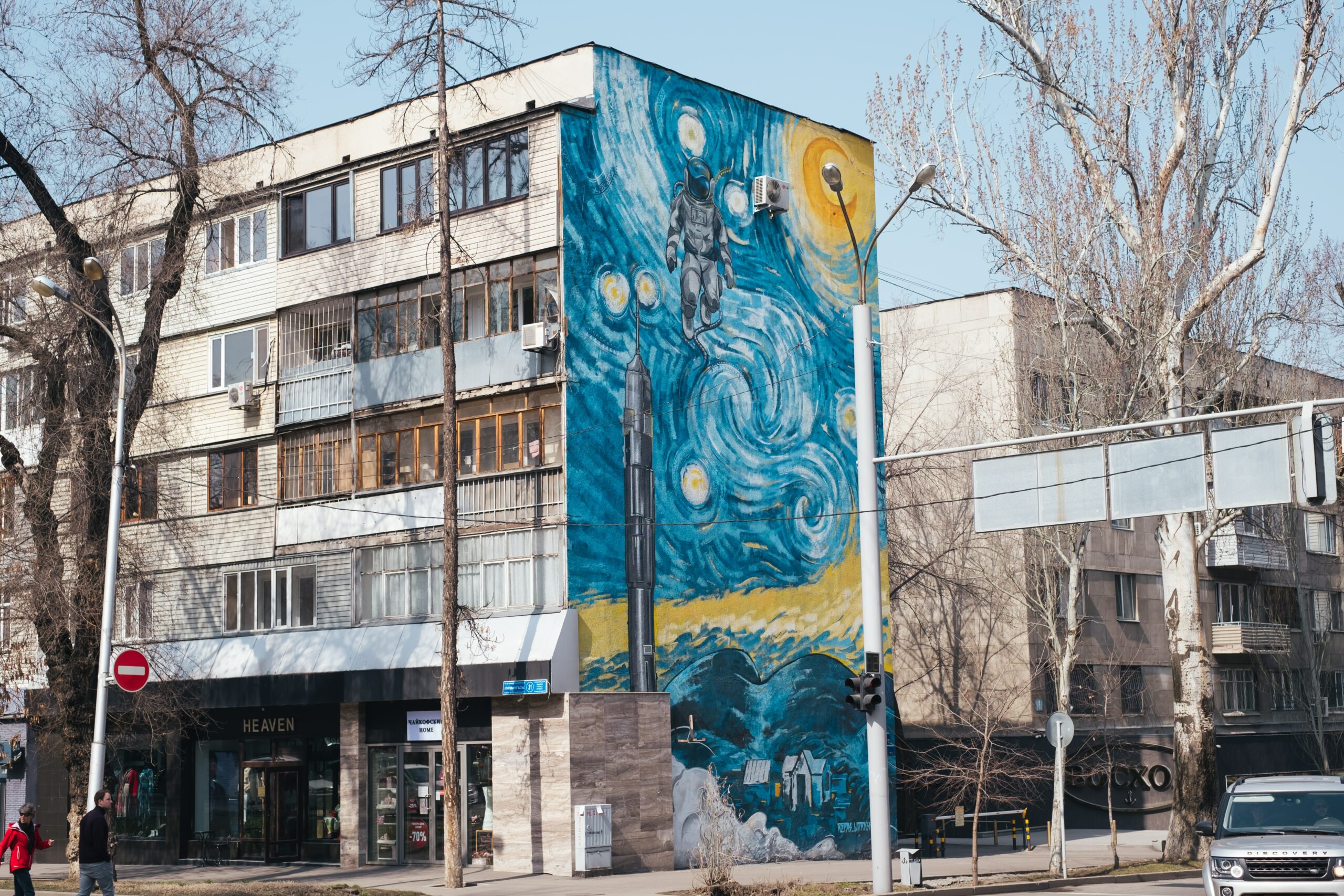
In the midst of Vaisakhi celebrations, an occasion for Sikhs to celebrate the founding of the Khalsa in 1699 and the Sikh faith in the form we know it today, Justin Trudeau, the Canadian Prime Minister, offered an extra cause to celebrate. On 11 April, Trudeau made a statement at Parliament Hill, declaring his intentions to make a formal apology for Komagata Maru in the House of Commons on 18 May 2016.
In 1914, Canadian officials refused to let more than a small number of the 376 passengers on board the Komagata Maru ship disembark in Canada, resulting in the ship returning to India. Once the ship had arrived in India, 19 of the passengers were shot dead by the British India police. The reason why the ship had been refused entry? As Trudeau remarks, it was because of the “discriminatory laws of the time” that these passengers, who were mainly Sikhs, were refused entry into Canada.
This moment is particularly poignant when you contrast the actions of Trudeau with those of British Prime Minister, David Cameron. Whereas Trudeau has taken on the responsibility of formally apologising for the actions taken 102 years ago by a government he had no control over, Cameron, unfortunately, has not.
In 2013, whilst visiting Jallianwala Bagh in India, Cameron refused to formally apologise for the 1919 Amritsar Massacre, saying it wasn’t the “right thing to reach back into history”. The incident, where Sikhs met to celebrate Vaisakhi in Jallianwala Bagh, breaking the British rule which banned meetings, led to British troops opening fire on the civilians and murdering 379 people officially, although this figure could be as high as 1,000. This is hardly the most violent episode in Britain’s colonial past, but it does highlight the resistance to apologise, apparent in other former areas of the empire, such as the West Indies. In 2015, when Cameron visited Jamaica, there was again hesitance to formally apologise, this time in reference to reparations, with Cameron instead calling on Jamaica, as “friends”, to “move on from this painful legacy”.
Although Cameron acknowledges the impact of British actions for communities, his failure to formally apologise for colonial atrocities leaves a deep mark on the inhabitants of the former colonies, and also the diaspora. Whilst a formal apology may not seem like much, it is a recognition of past atrocities and the subsequent struggles that groups have faced, a historical narrative that have too often been brushed aside because they offer an alternative truth, one that differs from the traditional narrative of a benevolent empire.
In a 2016 YouGov poll of 1733 people, 44% believed that Britain’s history of colonialism is part of our history that we should be proud happened. The fact that such a large proportion of the people polled felt this way hints at the tensions faced by British born BME.
Whilst on the one hand we may feel included in British life, the results of polls like these can make you question that assumption. If people are proud of colonialism, does that mean that they are proud of the violence, that they see some of the despicable acts committed against people of colour (PoC) as acceptable? But more pertinent is the idea that, if someone is proud of colonialism, how does that translate into how they view me, a person who grew up in Britain because of the legacy of imperialism, like so many other PoC. For black and Asian ethnic minorities, attitudes like these can feel like an attack on your identity.
The question of identity and how it is shaped through living in post-imperial Britain is an issue that will constantly evolve. The issue of formally apologising for Britain’s colonial legacy, however, has a clear resolution. It is a chance for Britain to try to amend its colonial legacy, through officially recognising the harm they caused. Through giving a formal apology, the leaders of our country can show they understand the impact that the violent legacy of colonialism had and continues to have on PoC, despite the distance of time.
In the same week that Cameron’s likely successor Boris Johnson has been in hot water over his suggestion that “part-Kenyan” Barack Obama has an “ancestral dislike of the British empire” (Kenya is a former British colony), isn’t it surely time for him to recognise the suffering of those whose families he has neglected and continues to neglect?








